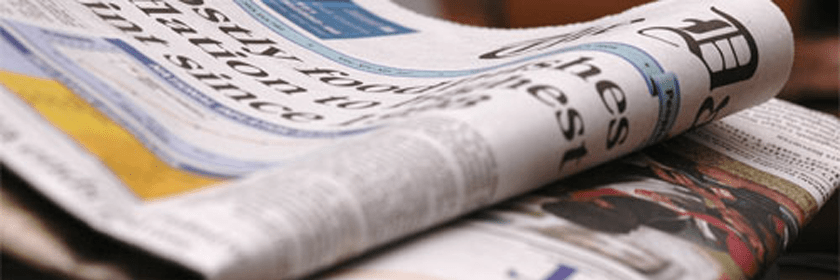
05 November 2014
By Rebecca Gladstone
On Friday 3 October I had my preconceptions of science media, and my roles and responsibilities in relation to it challenged. So much so that I am now writing my first blog piece. Here’s why I am going to be Standing up for Science.
At the Standing up for Science media workshop run by Sense about Science, myself and 39 other early-career researchers were asked what could we do to address scientific misconceptions and misinformation. Hearing first-hand from scientists who have chosen to be involved with or who have been thrown into a science news story did a lot to dispel the usual urban legends of science-story hell. They had not only survived but are passionate about engaging with the media again and again.
We also shared our experiences with a variety of actual journalists who had reported science for publications such as the Sun, right through to specialist environmental blogs. A shockingly obvious message was that journalists are people. Overwhelmingly, they are people who are trying to get it right and do their best!
If not me, then who?
Researchers are the experts. This is true even at PhD level; it can often be said that you know more about the details of your project than your supervisor, who is never omnipotent, although I’m sure they’d like you to believe it. The point is that we have the best understanding of our subject area and, consequently, a greater chance of passing on clear, factually correct information. Conversely, if we don’t speak then it is left to those less qualified. Definitely be ready to discuss your own work but also think about standing up to the science story that makes your blood boil!
If not now, when?
Contrary to popular belief, scientists and journalists do live on the same planet, but what is important is that we are worlds apart when it comes to deadlines.
For starters, deadlines in journalism are not only real but also fast and frequent. News is only news today and it won’t be waiting for us to finish all our other scheduled tasks before it goes to press. Don’t miss your chance to be the expert for your own story. If you see a science story in need of some factual context there is a window of opportunity to kill a story before it snowballs, you can respond, but it’ll have to be today!
Are we missing the point of science?
Science coming from the Latin scientia, means knowledge. We are busily generating new knowledge day in day out. But who is this knowledge for? In my opinion we are contributing to the greater good and science is for everyone. In fact, many of us are working on projects that are dedicated to improving public health, some will receive public funding and almost everyone now in the era of public engagement is asked to demonstrate a component of outreach within their grant proposals.
Shouldn’t we seriously consider our role in facilitating the dissemination of our science further than to our peers? The truth of the matter is that the media is an excellent channel for communicating with non-scientists and we have a duty to help get good science out there.
There is help and advice for getting started out there. Like me you can make contact with you press office and Sense about Science to learn more.
Rebecca Gladstone is a Senior Bioinformatician in the Pathogen Genomics group at the Wellcome Trust Sanger Institute, where she is currently working on a global collection of 20,000 pneumococcal genomes to assess pneumococcal vaccine impact. Rebecca is interested in learning how to better share the research findings with the public. She Tweets as @becctococcus.
Related Links:







